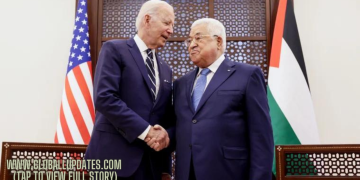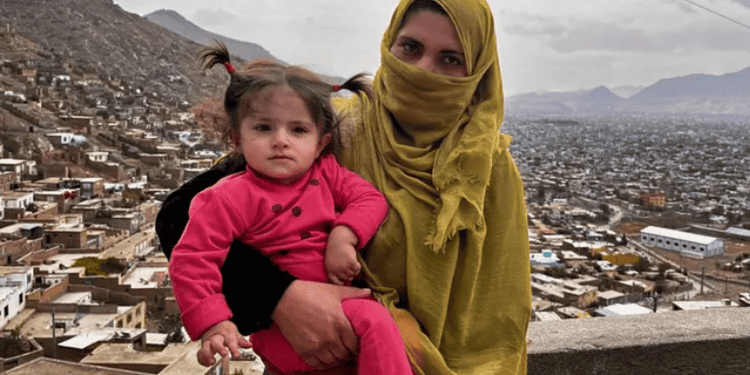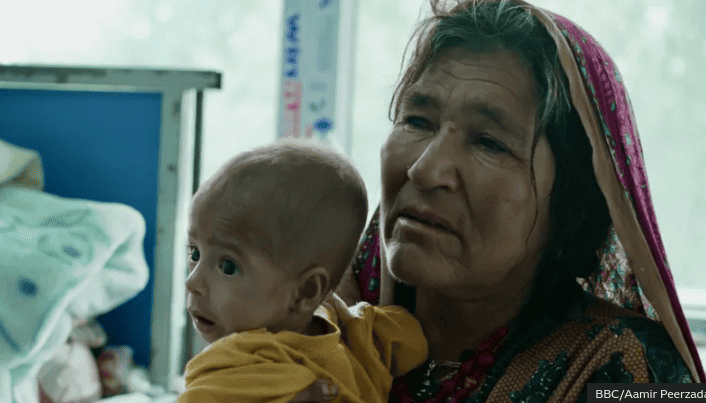The wind whips through the desolate streets of Kabul, carrying with it the dust of a shattered nation. Afghanistan, once a land of rich history and vibrant culture, now lies under the heavy shadow of the Taliban’s rule, its people grappling with a humanitarian crisis of unimaginable proportions.
Hunger gnaws at the bellies of millions, a specter that haunts every waking moment. Children, their faces etched with the weariness of a life they barely understand, roam the streets with empty eyes, their frail bodies testament to the relentless grip of malnutrition. The once-bustling marketplaces, now eerily quiet, offer little respite, their meager wares failing to satiate the ravenous hunger that plagues the land.
The roots of this tragedy run deep, intertwined with the tumultuous history of a nation ravaged by decades of conflict. The international community, once a beacon of hope, has largely retreated, its aid dwindled to a trickle in the face of the Taliban’s restrictive policies and the complexities of navigating the new regime. The coffers of the Afghan people, once meager, have shriveled under the Taliban’s rule, their livelihoods snatched away by a stifling economy and the erosion of basic freedoms.
For women, the Taliban’s return has been a cruel twist of fate. Confined to the shadows of their homes, their dreams of education and independence lie shattered. Schools stand empty, their classrooms echoing with the silence of stolen potential. The vibrant tapestry of Afghan society, once woven with the threads of diverse voices, now stands muted, the vibrant hues replaced by the drab monotony of oppression.
But amidst the despair, flickers of resilience refuse to be extinguished. In mud-brick homes lit by flickering candlelight, families huddle together, finding solace in the warmth of shared hardship. Mothers, their eyes filled with a fierce love that transcends hunger, clutch their children close, whispering tales of a brighter future, a future where the ghosts of war will no longer haunt their dreams.















































